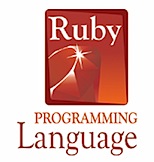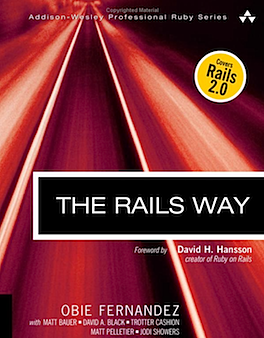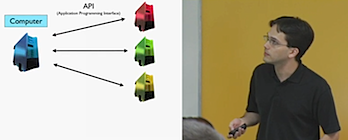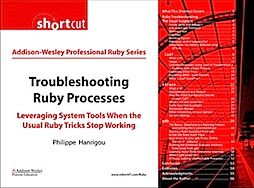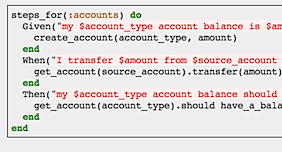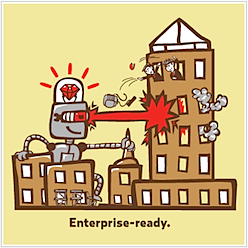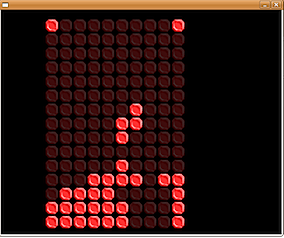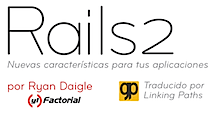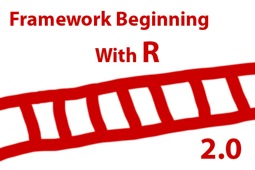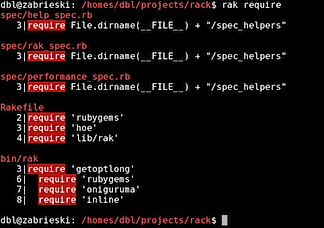
Why Rubinius Matters to Ruby’s Future is a short blog post by Reg Braithwaite that explains why the Rubinius “Ruby in Ruby” implementation project is important to Ruby’s future. In short, it’s because Rubinius lets you tweak and add new features to the language at a low level using the Ruby language itself (well, a subset, but who’s counting.. Captain Crunch?).
Ordinarily, such a short post, despite being good, wouldn’t get a post to itself on the Ruby Inside front page, but a comment from Ezra Zygmuntowicz, of Engine Yard, and a co-worker of Rubinius’ founder, Evan Phoenix, got me little tip-tappers all over-excited:
[...] we (engineyard.com) have hired a full time staff of 5 people to work solely on Rubinius. Read More

